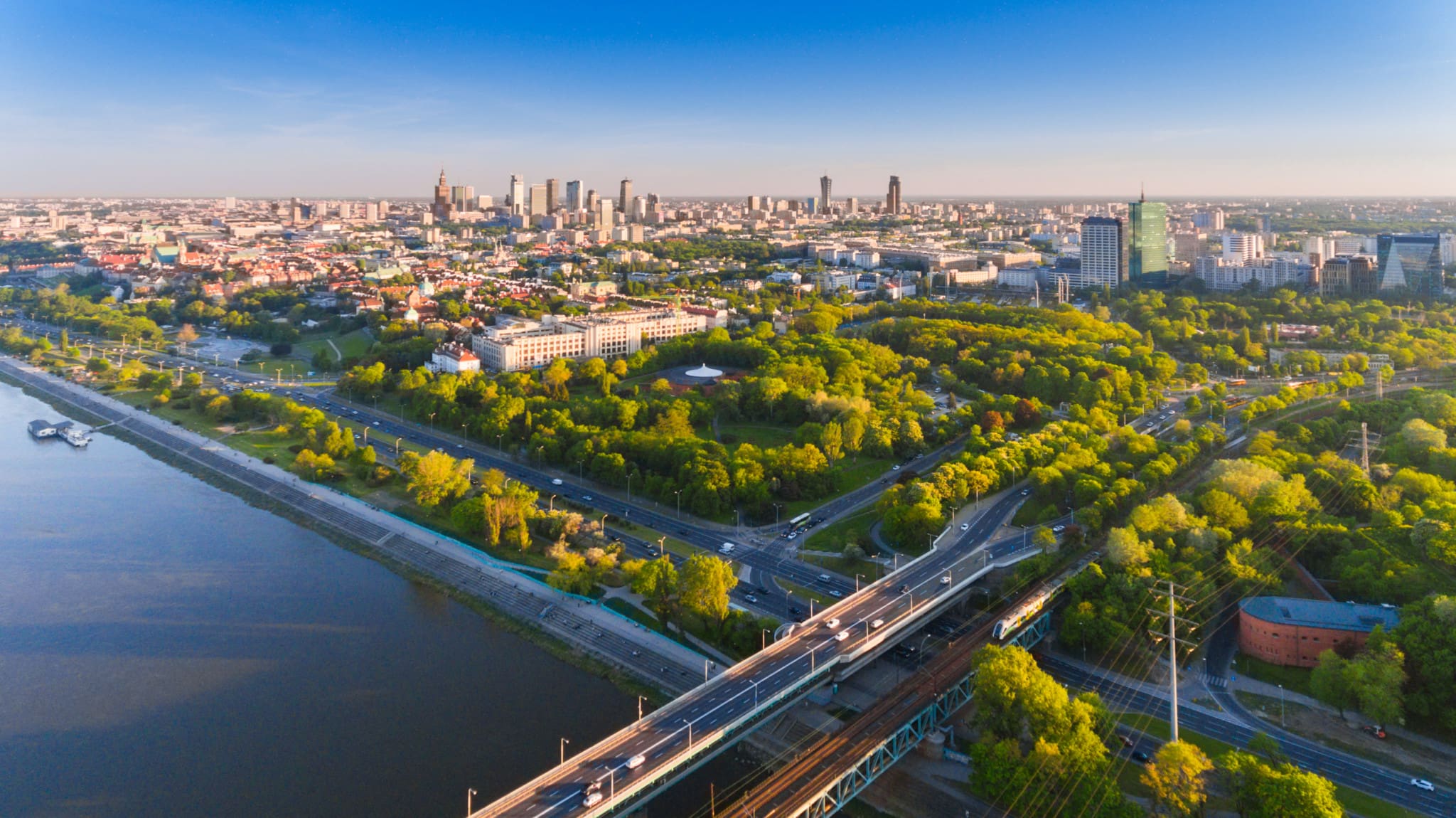Poles who migrated to Britain in the aftermath of Poland’s accession to the European Union are now returning to their home country, which has become Europe’s latest land of opportunity, a report in Britain’s Sunday Times has claimed.
Twenty years ago, Poland was poised to sign its EU accession treaty ahead of its formal membership in May 2004. It was a move that led to one of the greatest migratory waves experienced by Britain, with an estimated 1.1 million Poles residing in the country at its peak.
It was a time when nearly 1 in 5 Poles were unemployed and were naturally grateful when then British Prime Minister Tony Blair opened the country’s borders to migrant workers to grow its buoyant economy. The British government had estimated that around 13,000 people from Central Europe might arrive per year. This was far below the reality of the hundreds of thousands that arrived and soon changed British streets; Polish shops and churches sprung up, and the term “Polish plumber” became a symbol of the wave of cheap migrant labor.
But during their time in the U.K., Poles achieved far more than just fixing pipes.
After the British voted for Brexit in 2016, around 1 million Poles applied for resident status to stay in the United Kingdom. However, many of them did not ever really settle in and eventually left. According to U.K. government data, there were just over 900,000 Poles in the U.K. in 2016 and that number fell to just under 700,000 by 2020.
But Brexit alone does not explain why Poles started to leave. The uncertainty associated with Brexit was definitely a factor, as was the Covid-19 pandemic a few years later. However, the most important factor was the fact that the Polish economy has been transformed as a result of consistent economic growth averaging 4 percent per year and a threefold rise in real incomes. That means that it is Poland rather than the U.K. that is the land of opportunity today.
The Polish economy’s statistics indicate the country is developing even faster than many of the fast-growing Asian developing economies. It is coming ever closer to the EU’s average living standards and, as a result, migrating to or staying in the U.K. is becoming less attractive.
Even a cursory glance at the capital city Warsaw’s skyline demonstrates the dynamic change taking place. The old Soviet-built Palace of Culture may still be there, but the city’s panorama is now full of tall, modern buildings that are more reminiscent of London.
The lifestyles of Poles have changed too. Designer clothes, accessories, and holidays abroad are no longer the domain of just the few. Pay in the high-tech and IT sectors is pretty much in line with that in Western countries.
Compared with this growth and optimism about what is happening in Poland, many Poles in the U.K. find there is too much to complain about in the land of Shakespeare. They complain about the high cost of living, the rise in crime, the chaos in the NHS, and poor housing conditions in London.
Back in 2007, the liberal Civic Platform (PO) promised that it would reverse the trend of people leaving Poland for the U.K., claiming that soon the traffic would be the other way. It has taken conservative governments led by Law and Justice (PiS) to actually make that a reality.






